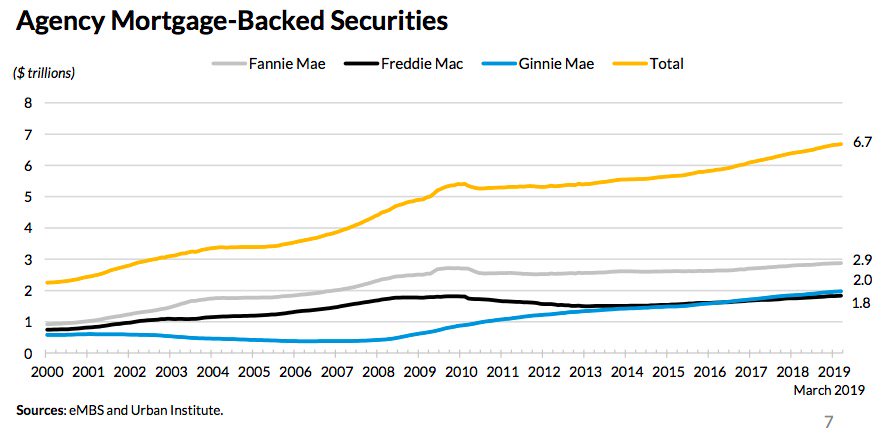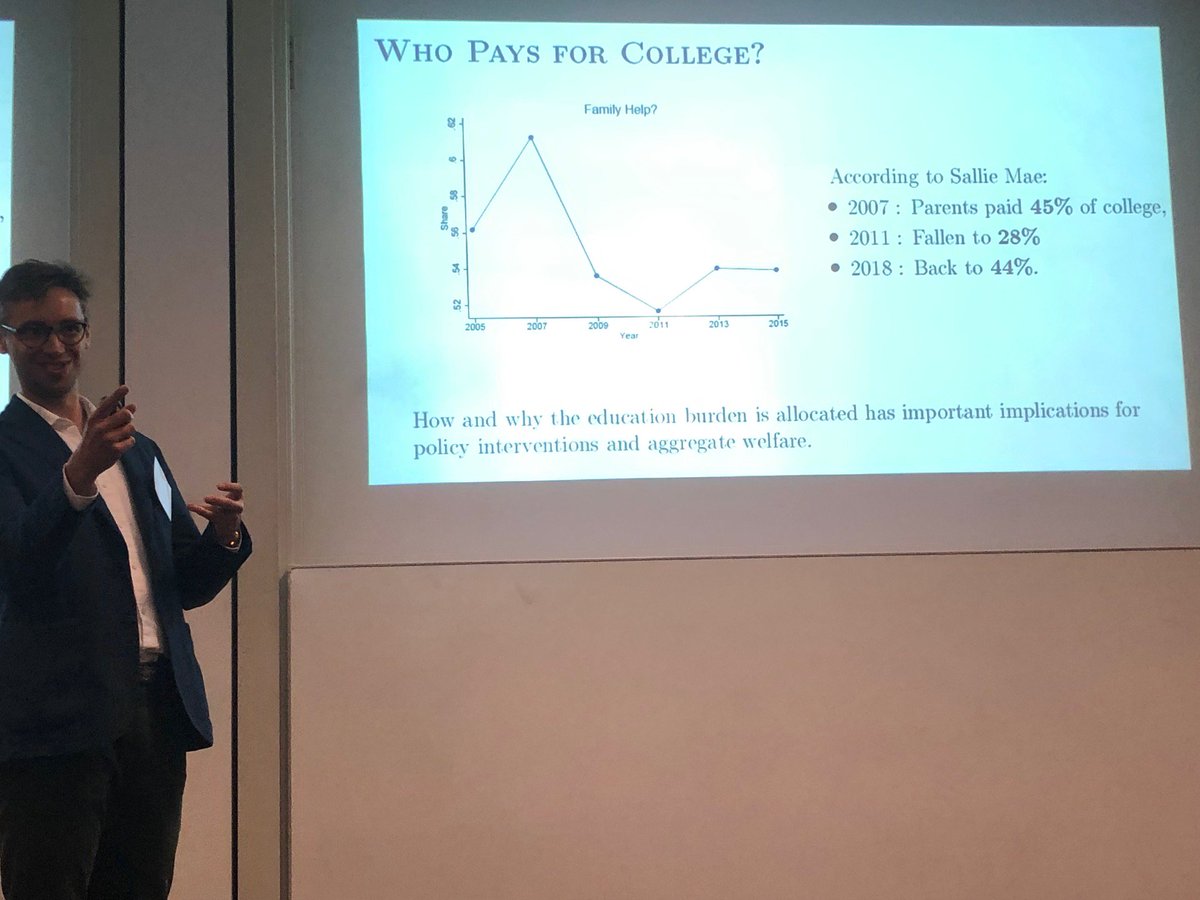amazon.com/dp/B07MCRLV2K/…
amazon.com/dp/B007QXVUSU/…
amazon.com/Untouchables-F…
nber.org/papers/w18693.…
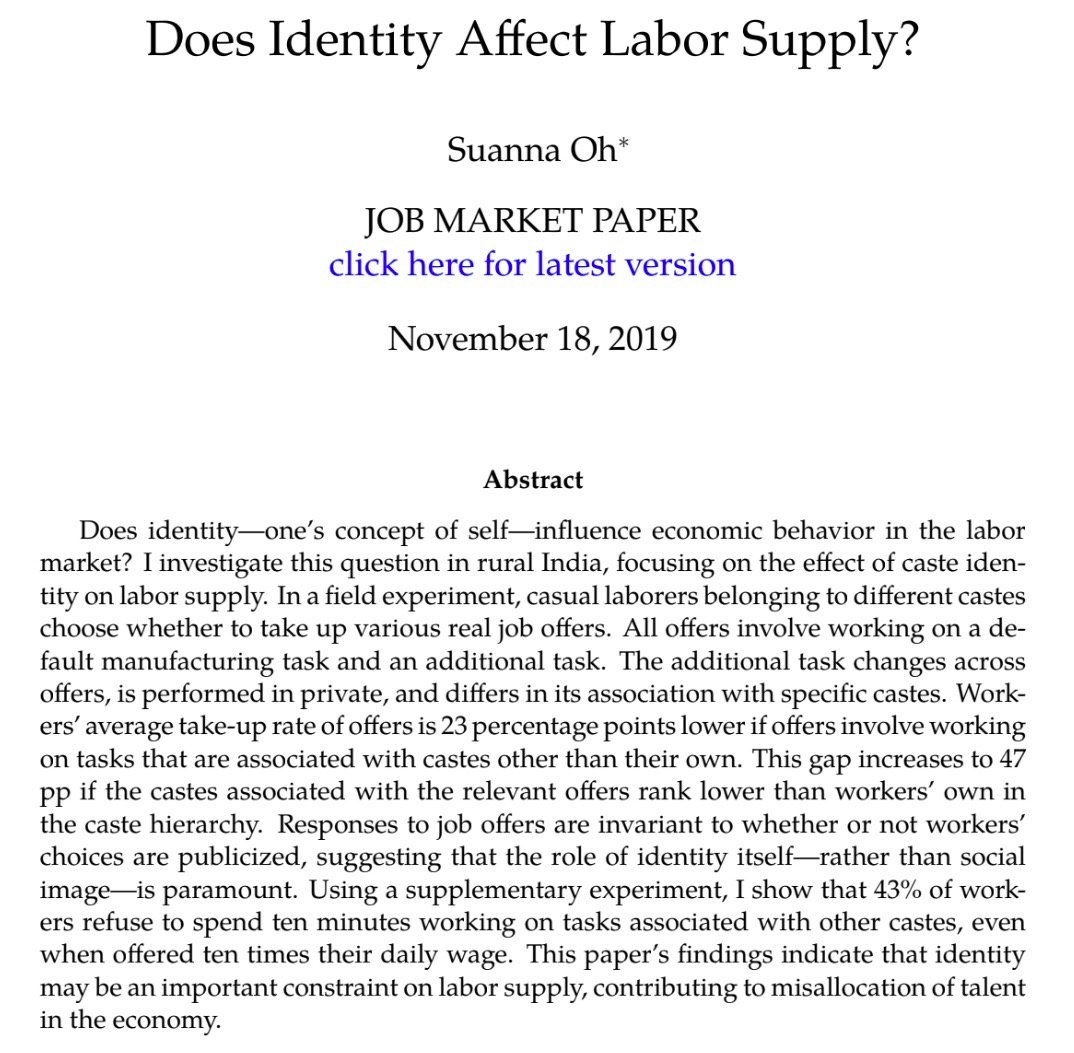
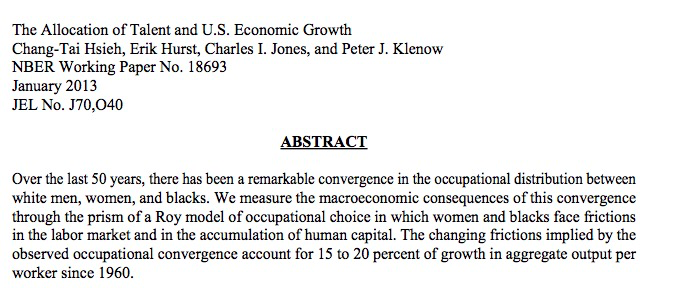
conversationswithtyler.com/episodes/abhij…
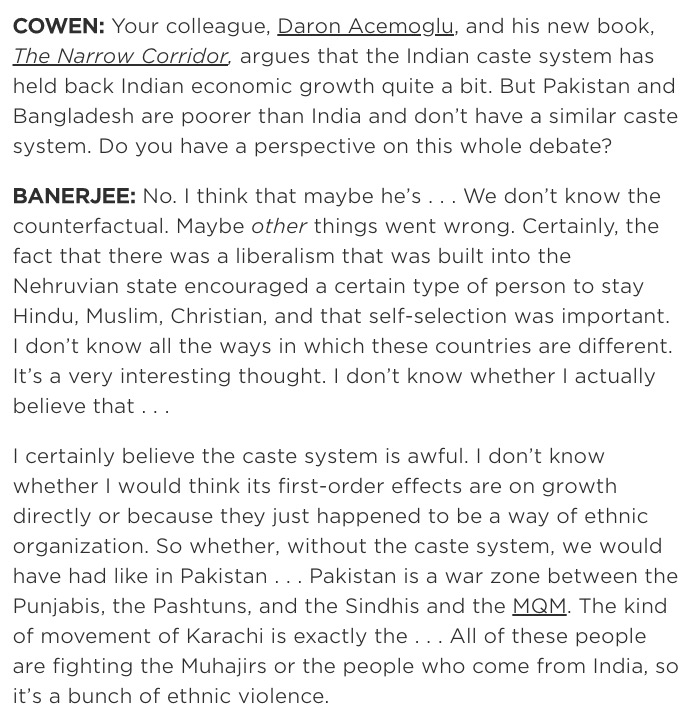
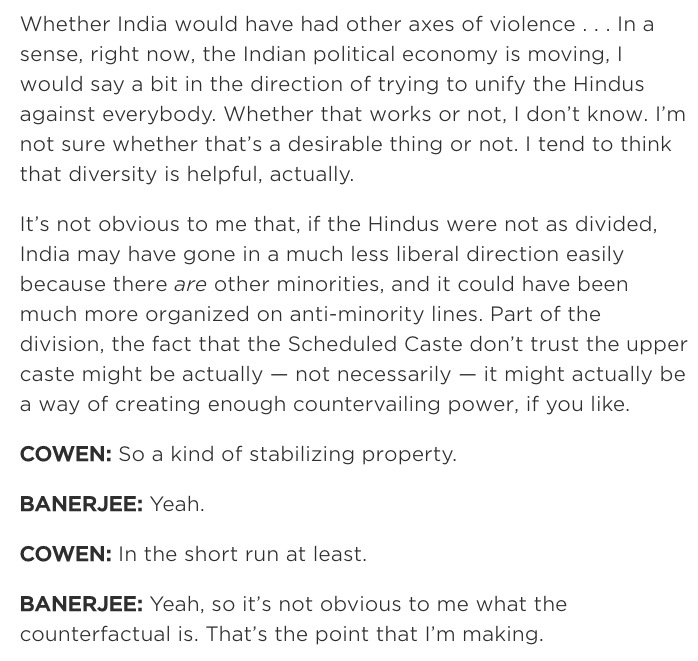
Yet now it is hailed as a development miracle, and is quite progressive:
outlookindia.com/magazine/story…
finance.bih.nic.in/Reports/Econom…
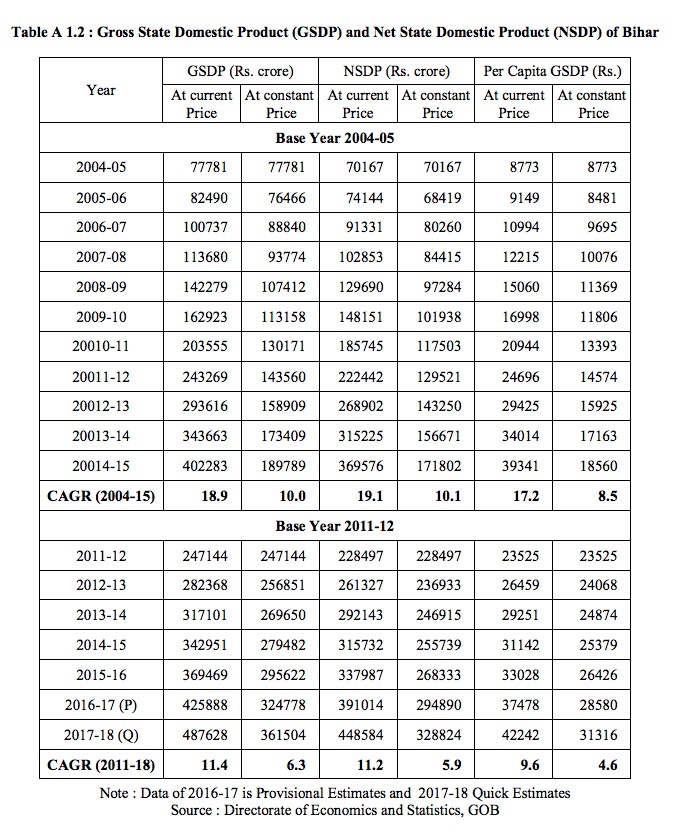
amazon.com/dp/B07GSDQQZX/…
But I think there are deeper questions about *why* India has caste
But where the state was weak, they flourished and acquired an occupation linkage. Think guilds; caste in W Africa; caste among the Yazidi; and in Madagascar. Shatter zones!
*within* caste kinship encourages greater insurance and self-supporting networks
With markets and the state still shallow; people rely on their caste networks for housing, jobs, insurance, etc.
So more public goods -> less caste (prediction)























